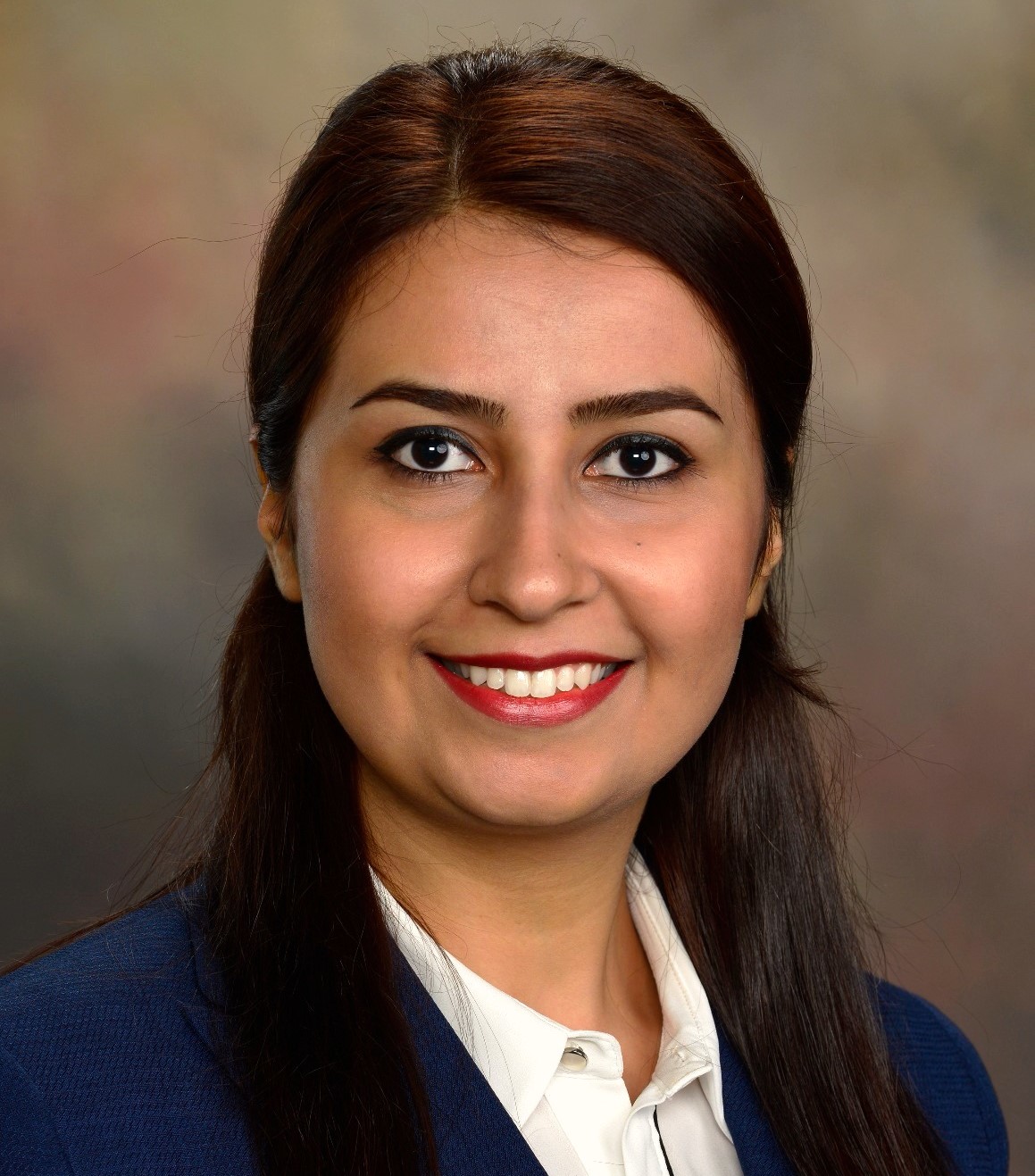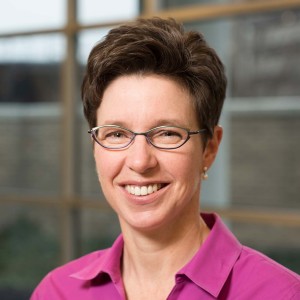Meet our team!
Interdisciplinary study plays an important role in solving complex real world problems and making desisions. It synthesizes broad perspectives, knowledge, and skills to explore and integrate knowledge across multiple disciplines. The data visualization website for SCOAR is the result of interdisciplinary collaboration between professors and Ph.D. students in engineering, information science, neuroscience, and rehabilitation. Below, we provide a brief introduction to our team members below:

|
Keith Lohse, PhD Keith is the principal investigator of the Rehabilitation Informatics Lab at Auburn University. He received a joint PhD in psychology, cognitive science, and neuroscience in 2012 from the University of Colorado and was a post-doctoral research associate at the University of British Columbia. The evidence-base in rehabilitation is always expanding. Researchers, clinicians, and other stakeholders need effective tools for collecting, managing, analyzing, and visualizing data. This need is especially urgent as the scale of our information grows and fields embrace progressively “bigger” data. As such, the goal of Keith's research is to help improve methods for data collection, management, and analysis in rehabilitation research and, ultimately, to improve the quality of life for individuals with disabilities. |

|
Nasrin Mohabbati Kalejahi Nasrin is a Ph.D. student and Graduate Research and Teaching Assistant in the Industrial and Systems Engineering Department at Auburn University. Her research mainly focuses on mathematical modeling and optimization of risk-averse stochastic problems with real world applications such as Portfolio Optimization, Insurance Lost Optimization, and Vehicle Routing Problems (VRP). She is also interested in big data analytics and she has studied Data Mining, Big Data, and Data Visualization. She received her Masters of Industrial and Systems Engineering (MISE) from Auburn University (Fall 2016). She has a Master of Science and a Bachelor of Science degree in Industrial Engineering from Amirkabir University of Technology (Iran) and Tabriz University (Iran), respectively. |

|
Mohammad Ali Alamdar Yazdi Mohammad Ali is a Ph.D student in Industrial and Systems Engineering at Auburn University. He has a Master of Science and a Bachelor of Science degree in Industrial Engineering from Auburn University and Sharif University of Technology (Iran), respectively. He is also finishing another Master of Science degree in Computer Science and Software Engineering at Auburn University. His research mainly focuses on Real-time Data Analytics. He is also interested in Human Computer Interactions and Data Visualization. |

|
Fadel Megahed, PhD Fadel M. Megahed is an Assistant Professor of Information Systems and Analytics at Miami University. He received his Ph.D. and M.S. in Industrial and Systems Engineering from Virginia Tech, and a B.S. in Mechanical Engineering from the American University in Cairo. His current research focuses on creating new tools to store, organize, analyze, model, and visualize the large heterogeneous data sets associated with modern manufacturing, healthcare and service environments. |

|
Sydney Schaefer, PhD Sydney Schaefer is an Assistant Professor in the School of Biological and Health Systems Engineering at Arizona State University where she is the director of the Motor Rehabilitation and Learning Lab. Her lab pursues basic and translational research to support evidence-based approaches to clinical neurorehabilitation. |

|
Lara Boyd, PT PhD Lara Boyd is the Canada Research Chair in the Neurobiology of Motor Learning and Director of the Brain Behavior Lab in the Faculty of Medicine at the University of British Columbia. An expert in the use of magnetic resonance imaging (MRI) and transcranial magnetic stimulation (TMS), her work seeks to understand neurobiological basis of recovery from stroke. |

|
Catherine Lang, PT PhD
Catherine Lang is a Professor of Physical Therapy, Neurology, and Occupational Therapy at the Washington University School of Medicine in St. Louis. Her research is focused on characterizing neural and behavioral changes over the course of stroke recovery, improving the efficacy of current practices in motor rehabilitation, and developing new interventions that individualize rehabilitation for people with neurological injury, particulary those with stroke. |
